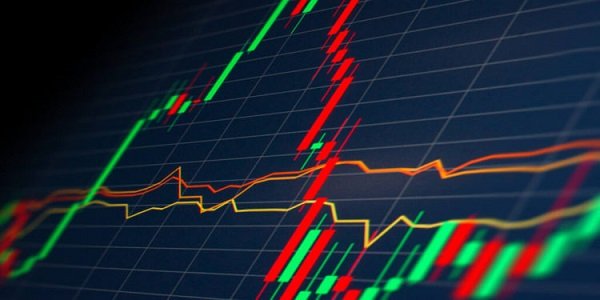This Content Is Only For Subscribers
To unlock this content, subscribe to INTERLIRA Reports.
The commission created at the Federal Supreme Court (STF) by minister Gilmar Mendes to pacify the application of new rules for the Tax on the Circulation of Goods and Services (ICMS) has not yet managed to find a solution to the impasse. The group has already been debating a solution for three months. The negotiation was opened after the approval of two laws that change the ICMS rates levied on fuels, energy, and communication. ICMS is a state tax and, therefore, governors claim that the laws are unconstitutional and that states need to be compensated for any loss of revenue.
The Group
The group is made up of members of the Union, Congress, state governments and independent experts. Their last meeting is scheduled for next Thursday (03/11), after the second round of the general elections. Experts assess that the members of this group will approve the extension of the commission to avoid a billionaire loss, which could happen to the states if am agreement is not made.
Financial Loss
The states calculate that they lost R$ 12.7 billion in revenue in the energy, fuel, and communication segments in the months of August and September. These are the sectors whose ICMS rates were limited to 17% by the law enacted in June. However, eight states (Alagoas, Maranhão, Piauí, São Paulo, Acre, Minas Gerais, Rio Grande do Norte e Pernambuco) managed to obtain provisory judicial decisions to receive financial compensations from the Union, which represents a R$ 6.9 billion loss. Numbers could go higher if all the states are benefited by similar decisions.
Two Laws Already Approved Are Questioned
The negotiation commission created in the STF seeks to pacify the application and validity of two laws already in force.
The first, enacted in March, requires states to adopt a single ICMS rate across the country on fuels and that the value be absolute (charged in reais per liter), and not a percentage of the final value of the liter sold to the final consumer.
The second, enacted in June, includes in the list of “essential items” for the incidence of ICMS products such as fuel, electricity, telecommunications, and public transport. By doing so, the rule creates a ceiling of 17% to 18% for ICMS collection on these items.
The Reason
The main driver for the approval of such laws was the rising inflation, which was heavily influenced by fuel and energy prices. Local and international factors were behind this movement, like the coming elections, political instability, the breach of the Federal Government’s fiscal limit to create social aids, increase in the dollar price, and the war between Russia and Ukraine.




